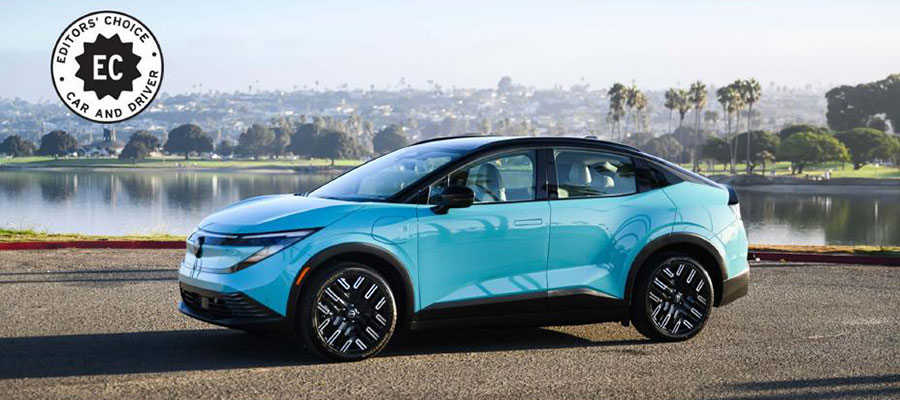Being an educated shopper is very important when you're in the market for a new vehicle. There are a lot of different makes and models out there, with countless different features to take into consideration. If you're interested in a vehicle with great safety features, we encourage you to look at the vehicles we have that come with an all-wheel drive or four-wheel drive. These are two different features, and we'd like to clarify for you what each of them does.
What is All-Wheel Drive?
Many vehicles come equipped with all-wheel drive as a way to provide your vehicle with ample traction. The all-wheel drive system comes in both a part-time and full-time variety, with your vehicle choosing which it uses based on the road surface that you're on. The part-time function will utilize two of the wheels on your vehicle with power from your powertrain, while the full-time system is going to provide power to all four of your wheels simultaneously.
What is Four-Wheel Drive?
Larger and heavier vehicles require a bit more power and performance when it comes to safety. In a vehicle with four-wheel drive, you'll find differentials in three areas with connections to transfer cases and couplings for power. All four wheels will spin when the full-time mode is working, and there's the opportunity for you to control a high and low function. You can choose what you need based on how slick the road is where you're driving. Expect to use the high setting for moderately slick roads, and the low setting is for very slick surfaces, such as ice.
Contact Midway Nissan for more information on the differences between all-wheel drive and four-wheel drive. Our staff is very knowledgeable, and we can answer any questions you have before making a final decision.

